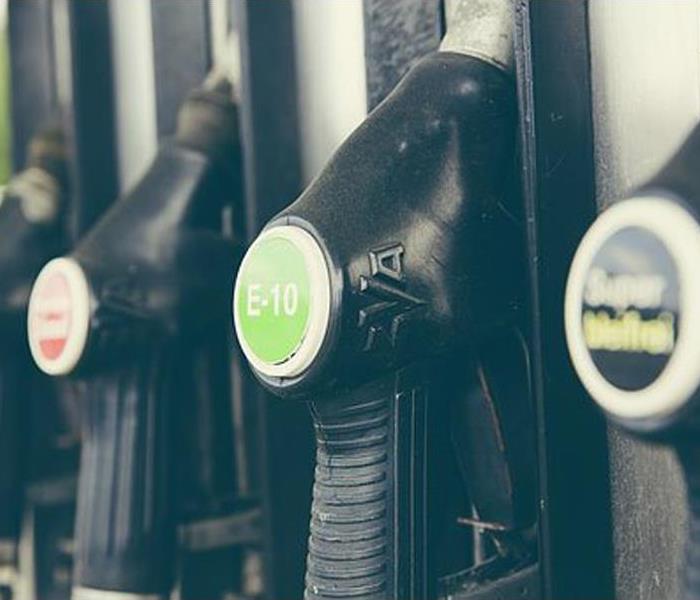Cleaning Up Chemicals Or Biohazards
4/5/2017 (Permalink)
Somehow people see the danger in fires and tornadoes and floods more readily than they tend to see the danger in spilled chemicals or biohazards. In a way, that makes chemicals and biohazards even more dangerous because we may not use as much caution around them as we do with other natural disasters. And chemical spills are a frequent problem. Dangerous chemical spills and biohazards affect tens of thousands of homes and businesses every year.
A biohazard is a biological substance that's dangerous (unhealthy or unsafe) to people or the environment. Many biohazards are made of bacteria or other microorganisms. Medical waste, sewage backups, pesticides, animal byproducts, and contaminated flood waters are other examples of biohazards. A chemical spill is when a chemical is accidentally released. In the case of non-toxic chemicals, dealing with a spill can be straightforward, since the spill simply needs to be cleaned up. Some common spills involve diesel fuel, paint products, and pesticides.
Leave The Area
After a toxic chemical spill or biohazard event, leave the site. Don’t return to the site until you know it’s safe or until you know exactly what you’re dealing with and have the proper equipment to protect yourself and perform the cleanup. Call emergency service personnel if the situation may be life-threatening. Treat all bodily fluids as if they are contaminated. And turn off the HVAC system if the hazard involves sewage damage.
Biohazard Don’ts
• Don’t leave wet fabrics in place. Hang furs and leather goods.
• Don’t leave books, magazines, or other colored items on wet carpets or floors.
• Don’t use your household vacuum to remove water.
• Don’t use your television or other household appliances.
• Don’t turn on ceiling fixtures if ceiling is wet.
• Stay out of rooms where ceilings are sagging.
Major Vs. Minor Spills
In general terms, a major spill involves a substance that is flammable, reactive, or toxic. Any chemical or biohazard event is major if so much has been spilled that you cannot clean it up or if anyone has been exposed to a dangerous chemical. A minor spill is one involving a substance of low to moderate danger that no one has been exposed to and that you have the right equipment and training to clean up.
More Home Disaster Prevention Information
Every month on the SERVPRO of Manchester/Mansfield blog we publish educational articles on how businesses and homeowners can protect themselves from disasters and how to deal with mold, fire, water, sewage, or other damage.
For Biohazard Cleanup Or Restoration Needs Call SERVPRO Of Manchester/Mansfield At 860-461-7194. Anytime
Here For You
In the Manchester/Mansfield office the SERVPRO® team has specialized training and experience in water damage restoration services, fire damage restoration services, mold remediation, commercial services, biohazards, and natural disaster cleanup. Call SERVPRO of Manchester/Mansfield 860461-7194 anytime, 24/7.
SERVPRO of Manchester/Mansfield
100 Peters Road, Bloomfield, CT 06002
IICRC Certified
Noemi Garcia
Franchise Owner
Call (860)461-7194
24-hour emergency service






 24/7 Emergency Service
24/7 Emergency Service